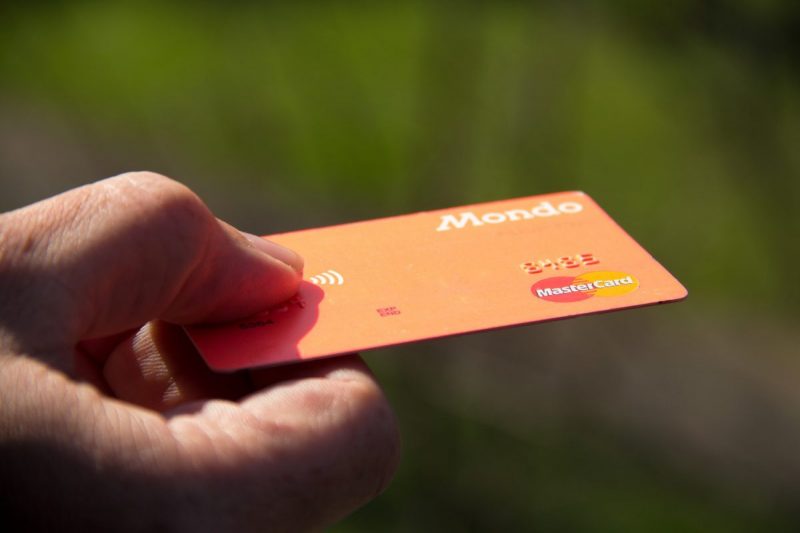How many times a day do you enter your personal or payment information when shopping online? In today’s world, you typically only have to enter the information once.
Most merchants have systems that are designed to ensure you an easy time by keeping most of your card’s information on file or in their records.
This, however, doesn’t only apply to merchants alone; utility companies are doing the same thing. This helps ensure that seamless transactions can happen, and it’s also convenient for the consumer. But, what if the merchant wants to make a copy of your credit card? Should you allow it? Read on to find out.

What the FTC Says
The Federal Trade Commission (FTC) has weighed in on this matter by saying businesses shouldn’t hold on to customer information. The reservation is brought by the idea that the businesses may not be in a position to keep the information safe.
But, they do appreciate the need to keep some information through secure methods, like not making hard copies of your customer credit cards. The business may engage the services of software companies that will help you retain the information on your servers.
What Federal Laws Say
There are no specific or outright laws that prevent business owners from having copies of credit cards. However, it may land on the wrong side of the Payment Card Industry Security Standard Council. This council is responsible for ensuring that customer data doesn’t fall into the wrong hands.
Credit Card Companies Output
Credit card issuers want to keep their client information safe. With business owners keeping copies of credit cards, they can’t ensure the safety of such info. With that, the issuers will penalize the business owner if found holding on to copies of customer cards.
What the FTC Advises Customers
1. Never lend your card to anyone.
2. Always ensure you get your card(s) back after every transaction.
3. Do not sign an empty receipt.
4. Contact the issuer of the card when you find charges you can’t account for.
5. Shred all statements and receipts after you’re done with them.
6. Any suspicious activities should be reported.
Payment Card Industry (PCI) Take
It is the responsibility of the merchant to ensure that their client information is safe. By keeping copies of credit cards, no one can guarantee that that information will be safe. Copies don’t assure safety – not for the merchant, and certainly not for the customer.
One of their standards is that the business owner isn’t allowed information such as CVV, card identification number (CID), card’s magnetic stripe, or PIN. That is some of the information that you’ll give away if you allow a merchant to make a copy of your credit card.
Conclusion
There are a lot of risks that come with allowing a merchant to make and keep a copy of your credit card. Your information may be stolen and used for illegal purposes. Your PIN, CVV, and card ID should never be left vulnerable to any merchant.
